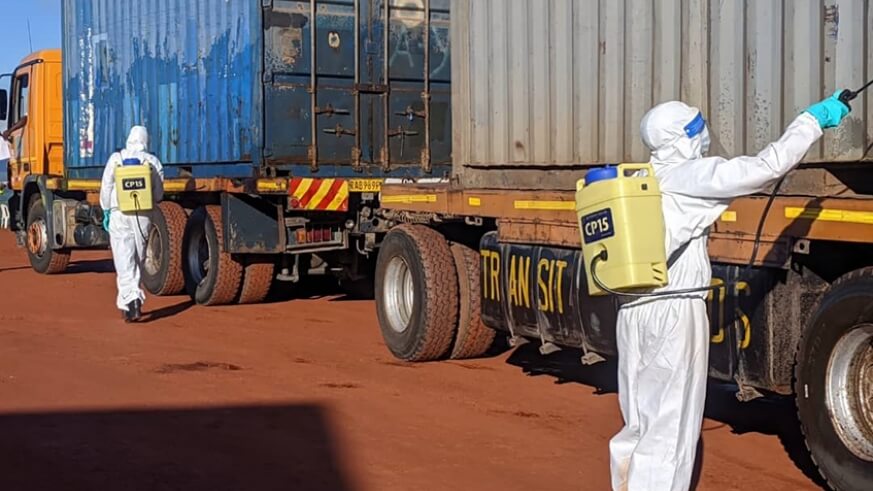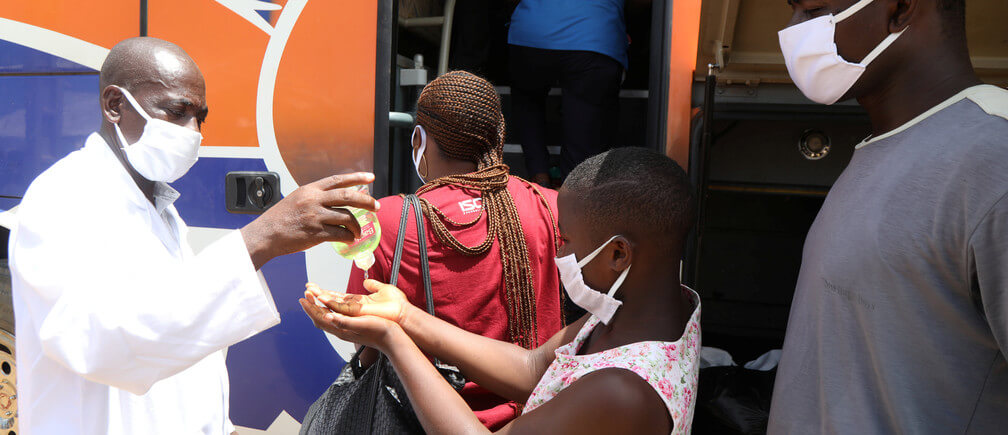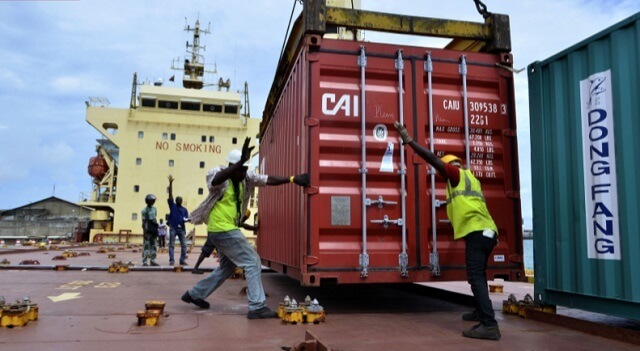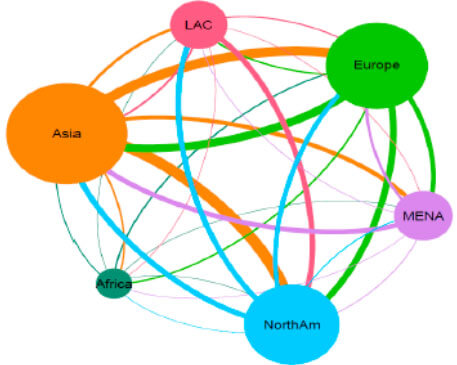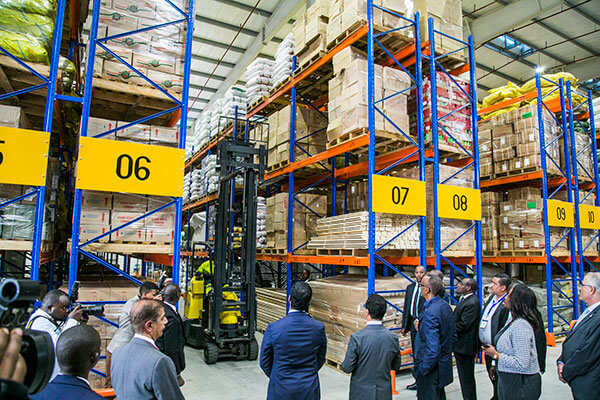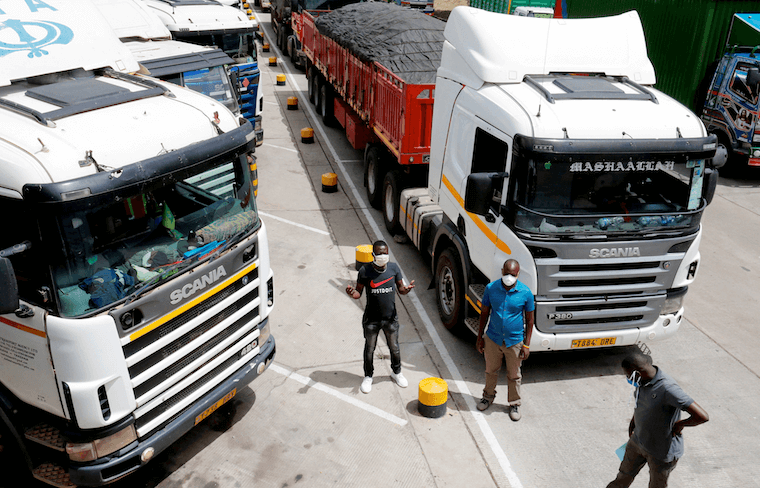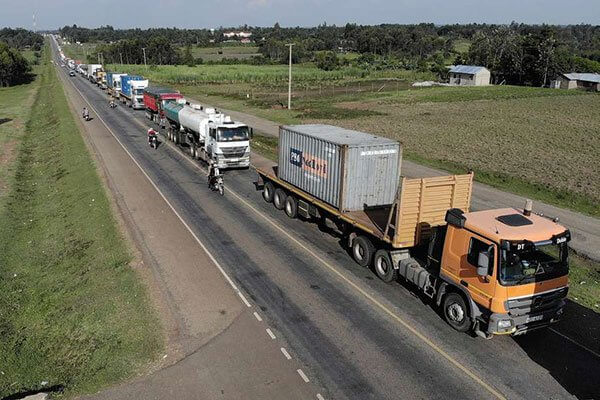The revamping of the Sh800 million Kisumu port, coupled with the rehabilitation of the old railway lines in the larger western region, now spells hope for regional trade between Kenya and other EAC States. Lack of supporting infrastructure had posed the biggest threat to the success of the port, but with the government’s commitment to repair the old railway system to the lakeside city, there is hope that the viability of the project would be guaranteed. President Kenyatta said that ports are gateways to regional and international markets, and hence their rehabilitation is a positive move towards resuscitating regional trade. “Apart from the port of Lamu, which will change regional trade dynamically, the other project is the port of Kisumu. “This port was built by the colonisers, but it collapsed at some point. We have since revived it for strategic purposes. Lake Victoria serves both the Northern and the Southern corridors,” he stated in his speech during the 57th Madaraka Day celebrations at State House, Nairobi. President Kenyatta said that with the refurbished Kisumu port, Kenya can serve the region from Mwanza and Bukoba in Tanzania, to Jinja and Entebbe in Uganda; and Muhoma Bay in Rwanda at affordable costs and decent timing. “Beyond serving the region, the port is poised to promote the ship-building and repair industry in Kenya,” he said. It will also catalyse the development of other small ports, the President added. Apart from Kisumu port, others targeted are Muhuru and Sori in Migori County; Mbita, Kendu...
Port, railway revamp spell hope for EAC trade
Posted on: June 12, 2020
Posted on: June 12, 2020



